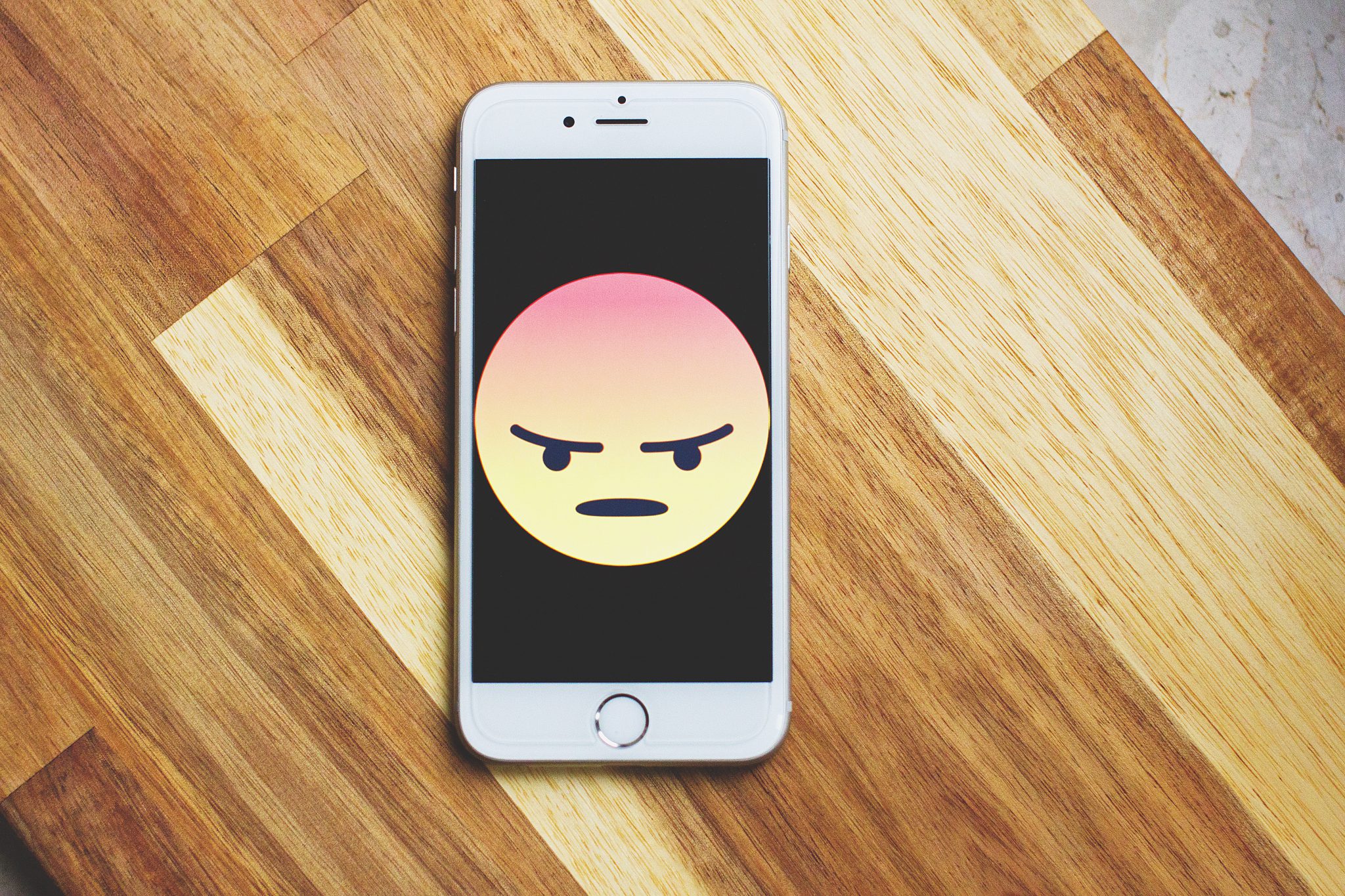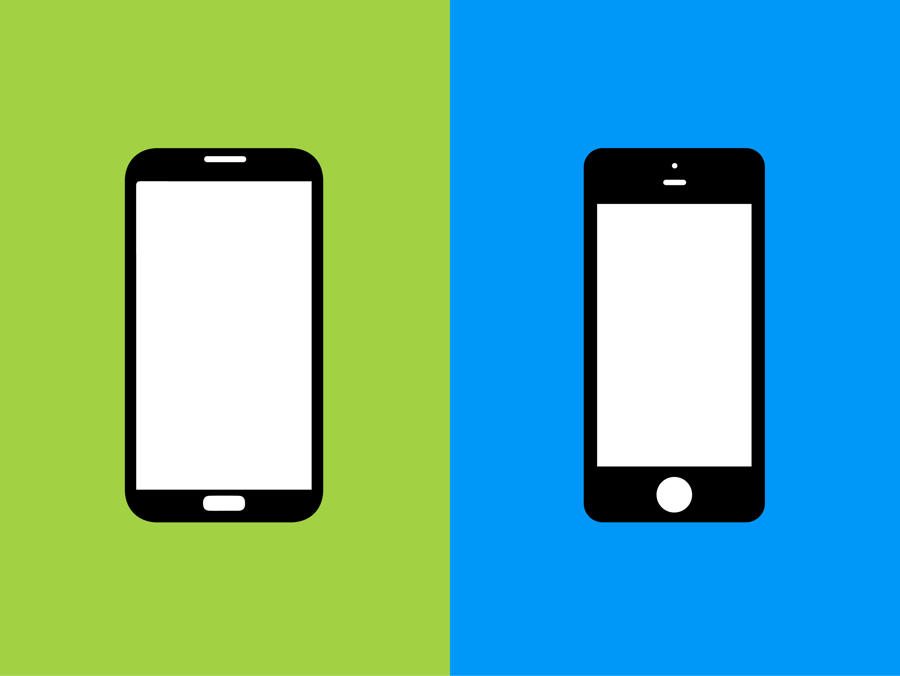
App Development is an exhausting affair. An awful amount of time and money goes into creating a properly functioning app. All to what end? Have more and more people use that app and generate revenue for your business. But it doesn’t always turn out like that. Both the Google and Apple app stores are so oversaturated that gaining recognition and creating a presence has become the most daunting challenge for app owners.
One of the most disappointing things that app owners have to deal with is the low number of app downloads. While it could be due to a variety of reasons, understanding the cause is very important to avoid future failures and realistically improve the ROI of your current app. Read on to learn how to do that:
Table of Contents
Most entrepreneurs are of the view that a great idea is all they need to create a successful mobile app. That all they need to do is somehow get that ‘wonderful’ idea out in the market and it will sell itself. Well, that’s nothing more than wishful thinking. The real world or the App world doesn’t work like that.
You need to have well researched actionable data and insights into whatever you’re trying to create. That includes an understanding of how your solution will work, whether or not there exists market demand for it and finally what sort of competition can you expect to face.
Based on all these findings you’ll will be able to decide if the idea is worth pursuing. In case, you’re getting a ‘No’ then it’s in your best interests to drop the idea.
Mobile app industry is one of the burgeoning industries and it’s no surprise that everyone is vying to have a share in its prosperity. While in one form that contributes to the influx of countless new ideas and innovation, in another, it makes standing out nigh-impossible. Chances are someone might already have created an app with the idea you have on your mind. If you’re bringing nothing new, people aren’t likely to show any interest in your app. Normally, in case of similar ideas, the app with a better USP wins the lot. By performing competitor analysis, you can formulate a strategy to gain the upper hand in the competition.

The rise of the mobile industry has given birth to a plethora of devices. The challenge for mobile app developers is to offer the same app experience across multiple devices. Now that doesn’t always happen. Often apps made for one device fail to work the same way on another device. The lack of platform understanding is likely to be blamed for that. Now, users are easily going to be put-off by inconsistencies in apps from one device to another and that can give you a bad rep. The thing is if you’re making an app for different platforms, it’s ideal to establish an understanding of how the app should work. Once the app has been built, it should be tested and checked for a seamless experience.
One just can’t put a price on the significance of user experience in mobile apps. It can quite possibly make or break your app. We’ve already highlighted the challenge of making a noteworthy appearance on the the App market. In such a scenario when a smartphone user does give your app a chance, he/she’s expecting nothing but the best. If your app can’t offer that, they’ll be quick to consider other alternatives. Some of the examples of poor user-experience are: confusing navigation, slow loading speed, lengthy registration process, as well as uninteresting content. One bad review can lead to a negative perception about your app in the wider app community and from then on it’s tough work to win back your users’ trust.
 The purpose behind testing is to ensure that the app is free of any bugs and glitches. To improve the quality of apps on the app markets, both Google and Apple have also opted for stricter app submission guidelines. While that does help to an extent, there’s still margin for error. That can be justified by the following stats – 44% of the bugs are found out by the end users, 24% from direct feedback, while 20% from the reviews in the appstore. Apps with bugs are good to no one. Neither the appstore nor the app owner, and least of all the end-user. And as highlighted earlier, it’s very difficult to win back a lost app-user. So, to ensure you don’t find yourself in such a situation, it’s best to run the app through various testing phases. Send it for submission only when you think the app is in the best shape to make an impact on your audience.
The purpose behind testing is to ensure that the app is free of any bugs and glitches. To improve the quality of apps on the app markets, both Google and Apple have also opted for stricter app submission guidelines. While that does help to an extent, there’s still margin for error. That can be justified by the following stats – 44% of the bugs are found out by the end users, 24% from direct feedback, while 20% from the reviews in the appstore. Apps with bugs are good to no one. Neither the appstore nor the app owner, and least of all the end-user. And as highlighted earlier, it’s very difficult to win back a lost app-user. So, to ensure you don’t find yourself in such a situation, it’s best to run the app through various testing phases. Send it for submission only when you think the app is in the best shape to make an impact on your audience.
Not many people realise that the timing of app launch can greatly impact its download rate. For instance, if you’re developing a kids app, it’s best to launch it around their holidays. At that time, there’s higher chance of getting more engagement from kids compared to say, when it’s exam time or start of the academic session. The same concept applies to all the different kinds of apps. You have to figure out what time of year or season best matches your app’s concept. Also, you want to avoid occasions when some big brands are gearing up to launch their app as the buzz around them will easily overshadow your app launch and that will result in poor app-reception.
On that note, we can bring this post to a close. Hope you enjoyed reading it. Mobile apps have immense potential to change our lives and people often look for the best to serve their needs. It’s natural for them to be picky and in a way that contributes to more competition. The successful app-owners tend to do their homework well in advance. Their apps follow a well-laid out strategy from start to finish.
How has your app-launch experience been in the past? Let us know in the comments section below:
